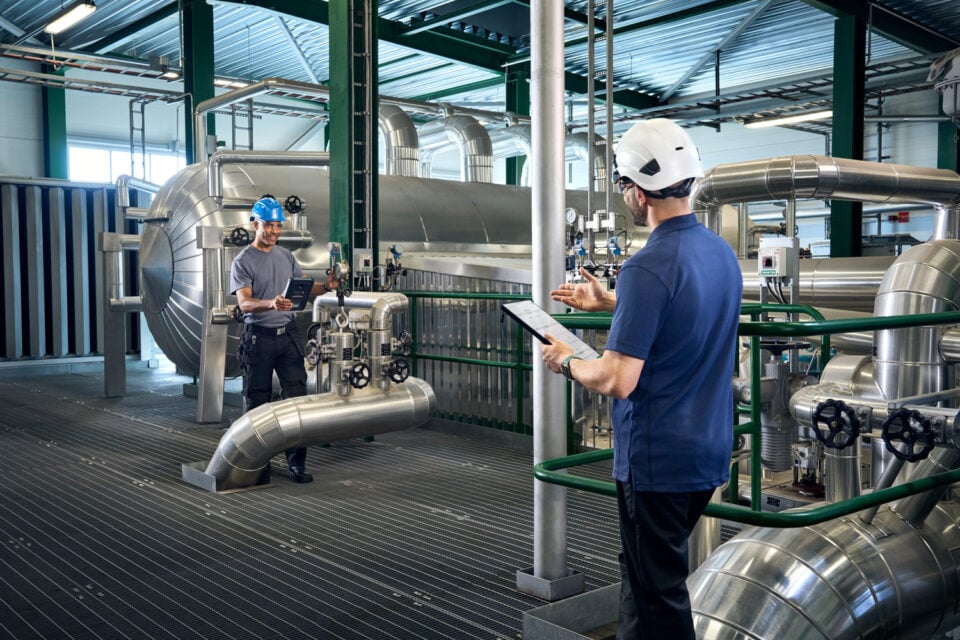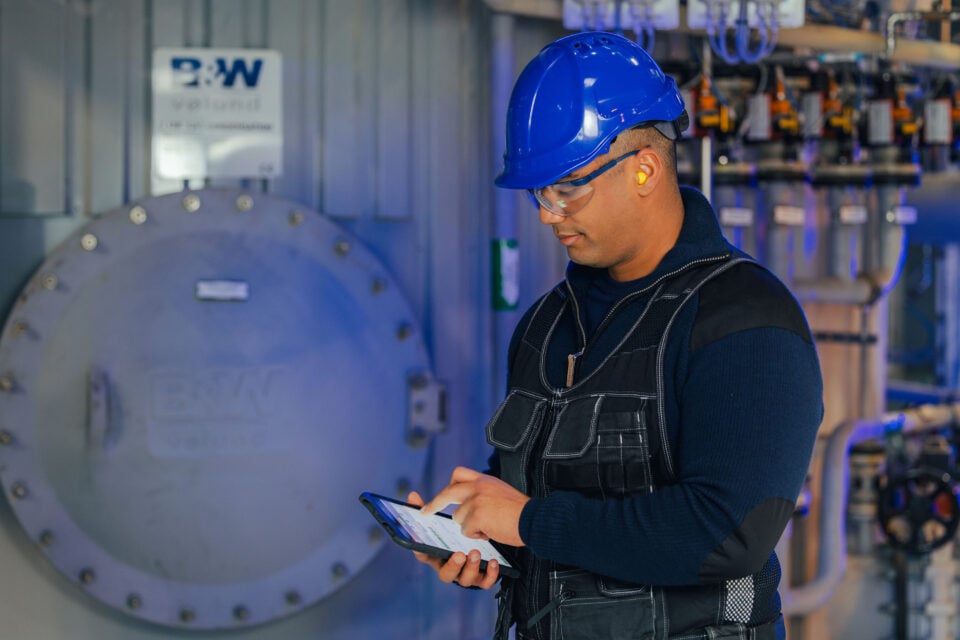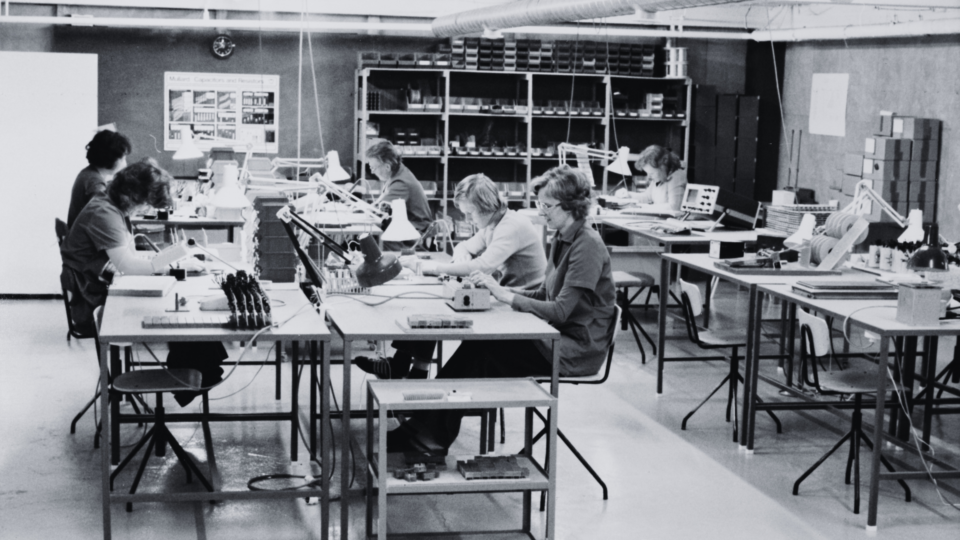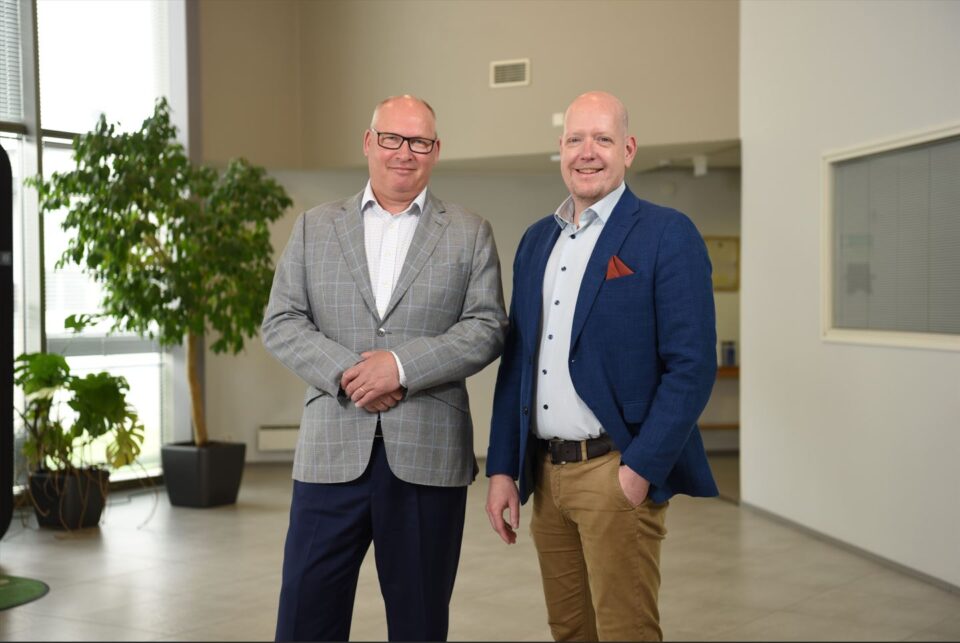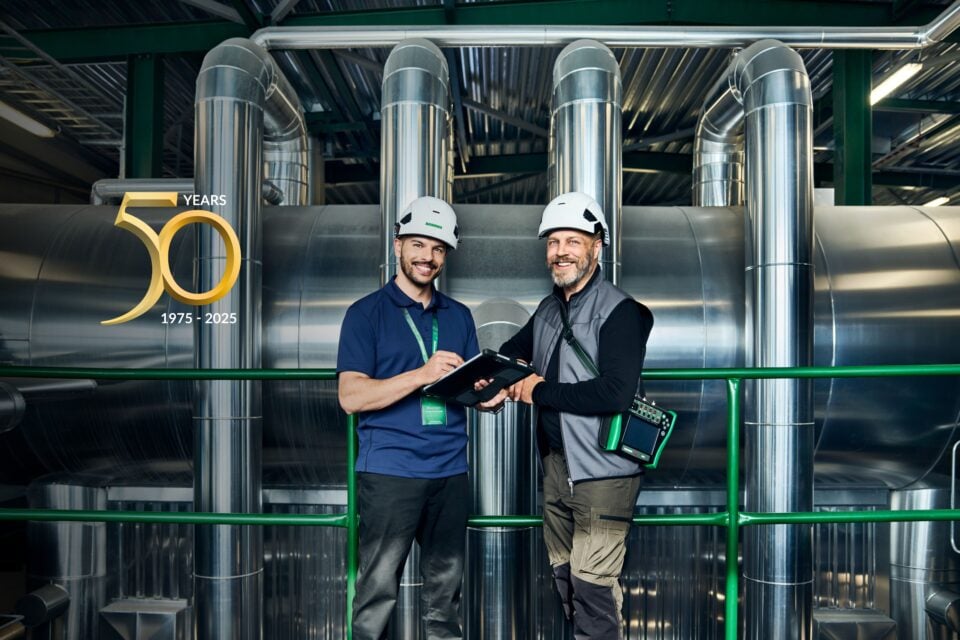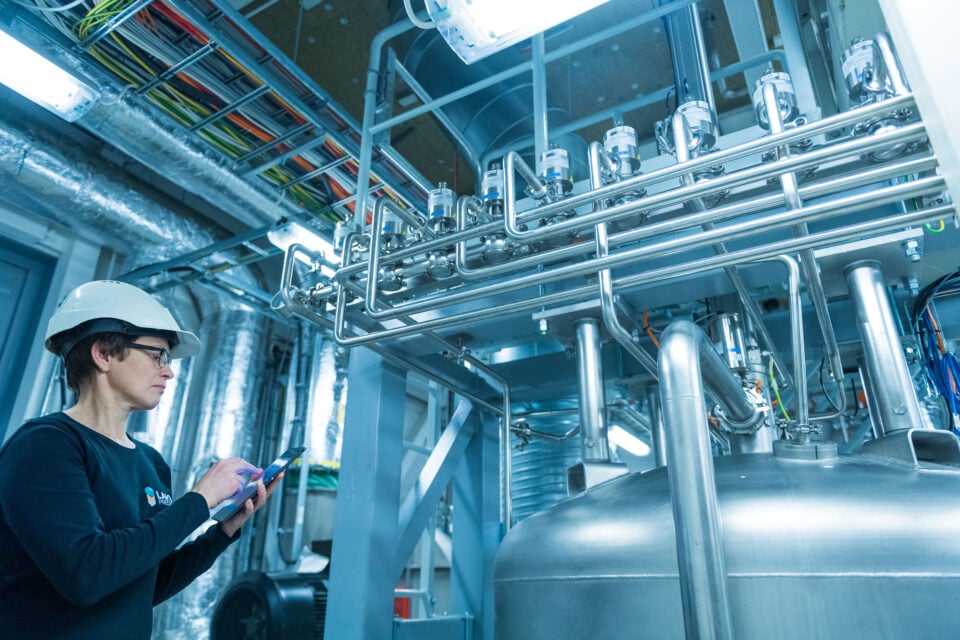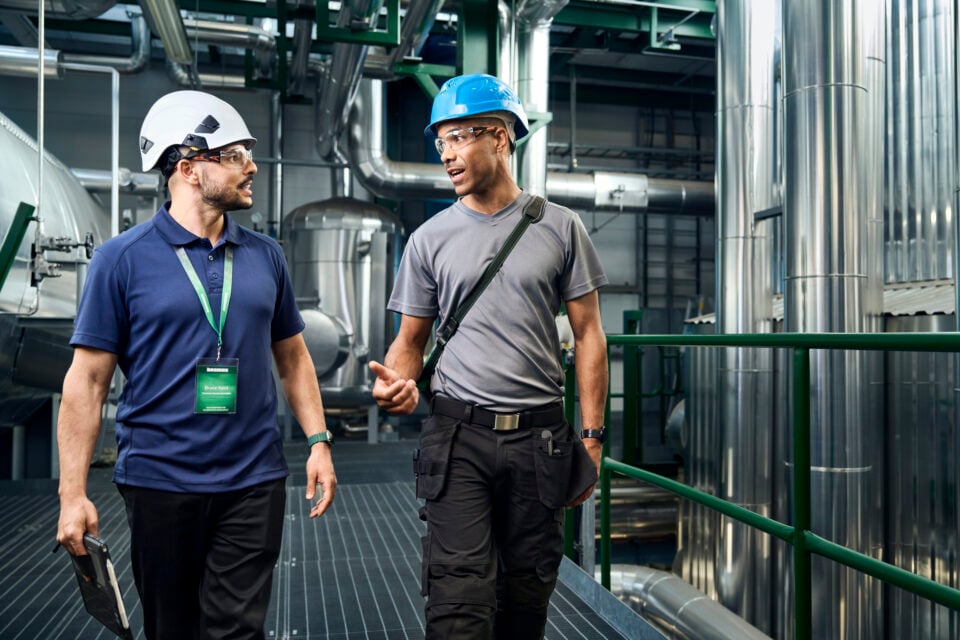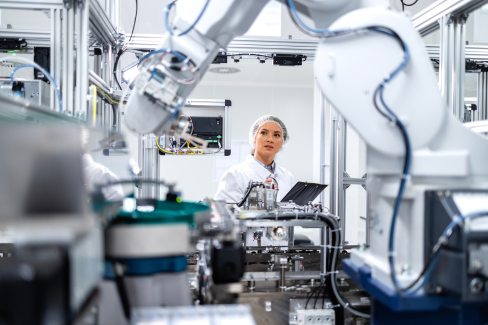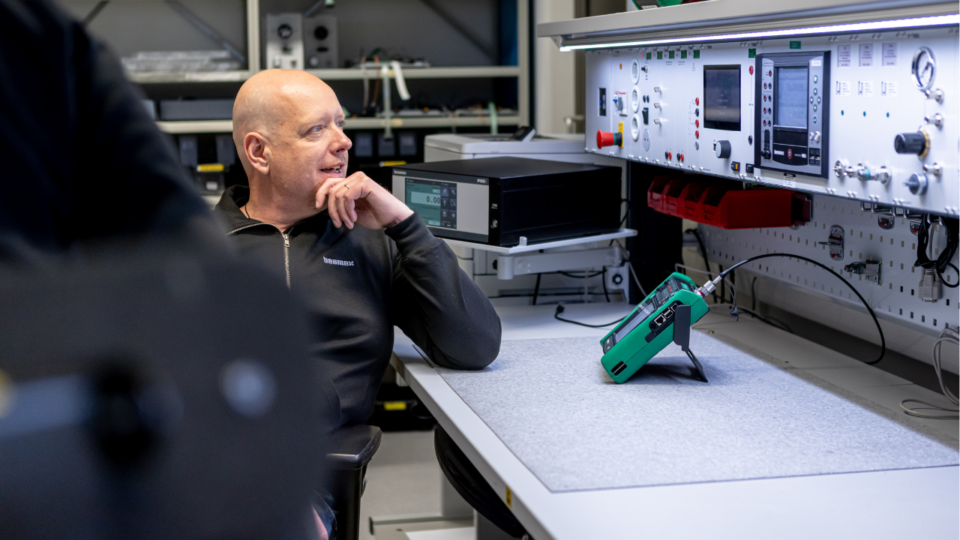
Building Trust: How Other Industries Can Guide Hydrogen Safety
Antonio Matamala, Country Manager, Beamex Germany
Why is gas perceived to be safer than hydrogen? Despite countless gas-related incidents over the past 200 years, the global natural gas industry does not face the same level of public fear and distrust as hydrogen.
Gas enjoys widespread acceptance and adoption, while hydrogen is historically associated with the H-Bomb and the Hindenburg disaster. For the hydrogen industry to dispel these misconceptions and accelerate its adoption, safety must be prioritised.
The question that should be posed is: What can the hydrogen industry learn from other sectors? For example, by examining the safety protocols of the pharmaceutical and chemical industries, we might find inspiration for future hydrogen market regulations.
Learning from Established Industries
Hydrogen is still in its infancy, yet there is a “gold rush” mentality where the allure of massive profits often eclipses concerns about safety and long-term sustainability.
A high-ranking official from a commissioning firm once assured me that hydrogen plant installations in Germany are safe because each is individually commissioned. However, several managers admitted they had yet to consider the required maintenance after the commissioning phase.
In another instance, a product marketer from a significant instrumentation company revealed that internal discussions about maintenance had been ignored amid soaring order numbers and revenue.
The Boeing situation is a stark reminder that when priorities shift away from safety, a single failure can lead to death and widespread fear. This lesson is highly relevant to the hydrogen industry, which appears to prioritise shareholders and closing deals over safety.
Implementing Robust Regulatory Compliance
Regulatory compliance and adherence to unified standards, like ISO, are central to most industries to guarantee safety in equipment design, installation, and operation. Regular safety audits and inspections ensure products are consistently produced and controlled according to quality standards.
According to a 2023 report by the U.S. Department of Energy’s National Energy Technology Laboratory (NETL), equipment failure was the most commonly identified probable cause of nearly 350 reported hydrogen-related incidents in the country over the past 17 years.
The hydrogen industry needs more unified regulations and standards similar to those enforced by the FDA (Food and Drug Administration) and the European Medicines Agency (EMA) in the pharmaceutical industry. As such, one of Germany’s frustrations has been gathering detailed data on hydrogen safety and usage.
Significant players like DBI-group, which supports gas transport companies, are subject to broader regulations and need help passing this on to their primary stakeholders. Companies like Linde Gas may consider their extensive information a competitive advantage and may not readily share it.
While a single international body does not regulate the global natural gas industry, it is influenced and guided by a combination of international organisations, such as the International Energy Agency (IEA), the International Gas Union (IGU) and even OPEC. Given hydrogen’s potential, the need for precise regulation is particularly problematic.
Addressing Information Gaps
Hydrogen is currently a niche product primarily used in the chemical industry, for example, to produce ammonia for fertilisers. It is also used in refineries as a cleaning agent due to its aggressive properties. However, its broader applications, such as in hydrogen cars or as a general fuel, still need to be expanded and regulated.
We need more guidance on implementing Process Safety Management (PSM) practices in the hydrogen sector. Like gas, hydrogen must provide detailed documentation of all safety-related information about the processes and equipment used and have a systematic approach to identifying and controlling hazards in industrial processes.
The 2023 NETL report highlighted “human error” as the second most commonly reported cause of hydrogen-related accidents. This finding underscores the need for regular and comprehensive training for all employees on hydrogen safety procedures. Similar to the practices in the chemical industry, mandatory certification for workers handling critical operations is essential to ensure they possess the necessary skills and knowledge to operate safely and effectively.
While there have been no major hydrogen-related accidents reported in the past decade, the potential for such incidents remains a significant concern. Bud Darr, a senior shipping firm executive, recently warned that the maritime sector must intensify its efforts to upskill its existing workforce. Without such measures, the industry risks a catastrophic accident involving hydrogen-based fuels.
An incident in Austria last year reminds us of the importance of robust safety measures and the need for thorough incident investigation and reporting protocols. In the gas industry, comprehensive incident investigation practices such as Root Cause Analysis (RCA) are standard. These procedures help determine the underlying causes of incidents and prevent their recurrence.
Additionally, incident reporting systems that encourage the documentation of near misses and actual incidents play a vital role in continuously improving safety practices. The hydrogen industry can benefit significantly from adopting these practices.
Safety for Long-Term Success
Addressing safety issues is crucial, but it is equally important to emphasise the numerous benefits of hydrogen. Safety measures should be seen as prerequisites for enjoying these benefits rather than as obstacles. This approach ensures a balanced perspective, acknowledging both the positive aspects and the areas that require attention.
You might also find interesting

For a safer and less uncertain world
Welcome to our series of topical articles where we discuss the impact that accurate measurement and calibration has on the world and our everyday lives.


